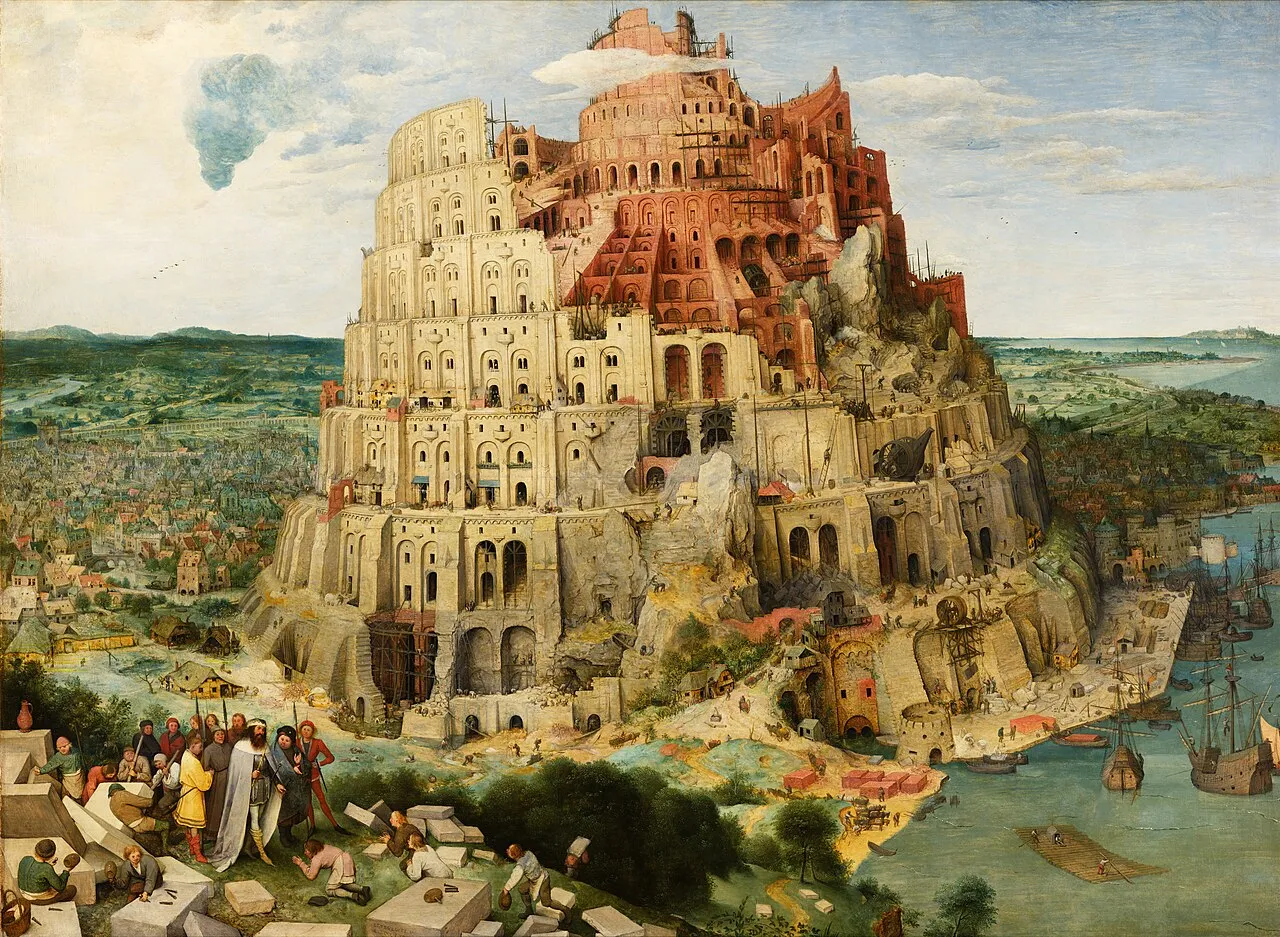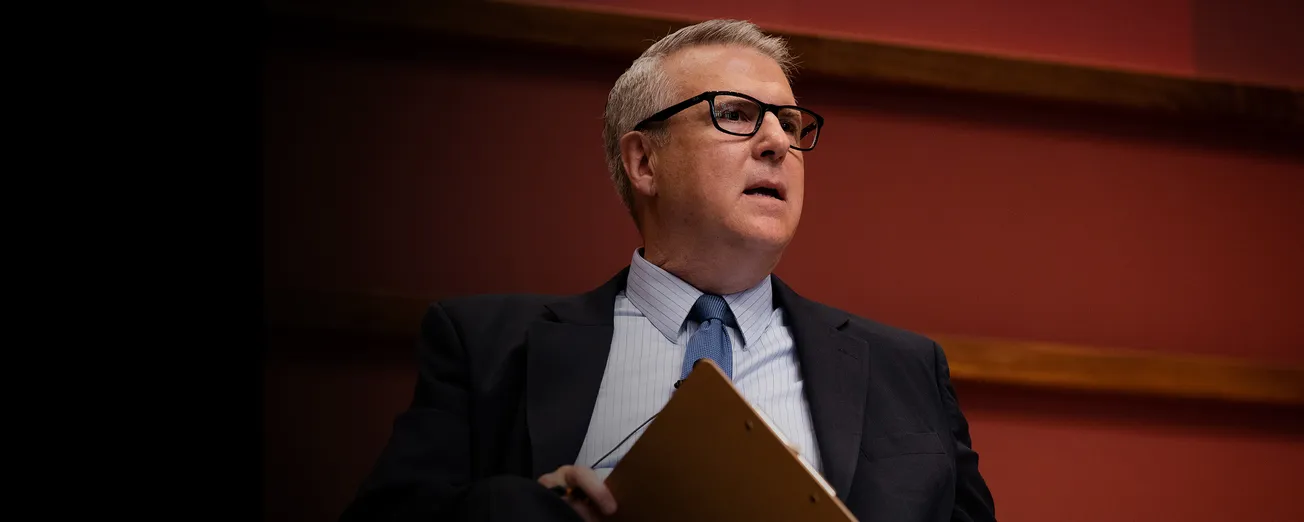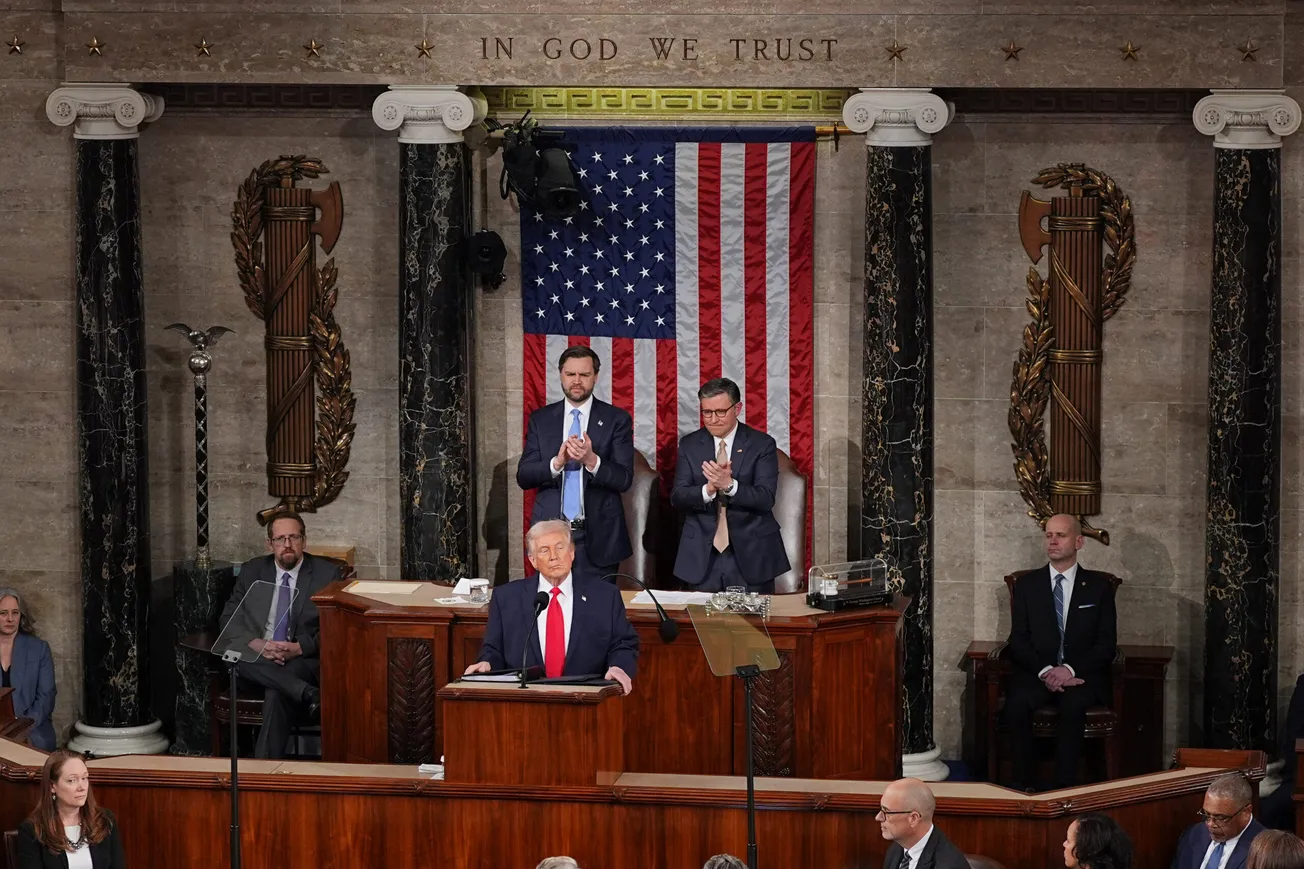Table of Contents
Well, the 2010 ASSU Elections have finally come to a close, and we patiently wait for the new set of student leaders to take the reigns. 2010 proved to be another successful election, with a 3.2% increase in voters from last year, though the total number of voters falls short of the 2008 ASSU Election.
As a former Elections Commissioner, I was particularly impressed by the work of Quinn Slack ’11 and his team. The Elections Commission is probably one of the most difficult and underappreciated jobs in the ASSU, and Slack returned the Elections Commission to a well-respected branch of the student government.
Ultimately, the Elections Commission is a job that never receives the recognition that it truly deserves. From designing the ballot and website to managing one of the most anticipated weeks at Stanford each spring, the Elections Commission works tirelessly twelve months of the year to ensure a legitimate and fair elections process.
Just as the 2011 Elections Commission is about to be formed, it is important to highlight a few areas which always challenge the Elections Commission, and potential areas to improve the elections landscape for next spring. While this is not an exhasutive list, hopefully it will give the new Commission an idea as to the hurdles that continue to be difficult to overcome.
Special Fees
Special Fees continues to be the area in which the Elections Commission struggles with most. One major challenge is lack of knowledge among financial officers (FOs): While every FO is required to go through basic training, it is hardly sufficient to guide groups through the intricacies of the process.
Much has been done in the past few years to include a Special Fees Director on the Elections Commission to alleviate some of the uncertainties from Special Fees. The problem is that the Elections Commissioner is still charged with the task of leading Special Fees Information Sessions, running the petitions site and managing the Special Fees portion of the ballot.
In order to improve this relationship, there needs to be more collaboration in early Fall Quarter between the Elections Commission, Financial Officers, the Senate Appropriations Committee and the GSC Funding Committee. The more informed everyone is on the process, the smoother winter and spring quarters will go. It would also be beneficial for the Special Fees Director to take complete control over the Special Fees portion of the website and the ballot. The Elections Commissioner should merely serve as connector between all of the decentralized organizations that are associated with Special Fees.
Candidate Outreach and Recruitment
Much has been discussed over the past few years as to the appropriate role of the Elections Commission with regards to candidate recruitment. As much can be said about the necessity for good and dynamic candidates to make an election truly worth running, the Elections Commission would need to walk a very fine line in the actual process of encouraging Stanford students to run.
I believe that the Elections Commission is the best entity within the ASSU to engage in outreach. As an independent branch of the greater ASSU, it has an incentive to recruit individuals that will make the spring election an interesting event for the campus to experience.
This year, the Elections Commission did very little to try and recruit candidates. By engaging in outreach and recruitment in early Winter Quarter, more candidates with more viewpoints could be encouraged to run for office. The Elections Commission could hold more information sessions at dorms or eateries across campus that would be more targeted to what the ASSU is and how one may get involved, or sponsor a panel with current elected officials on what it means to represent the campus.
Election Week Exposure
The final major area with room for improvement is providing opportunities for candidates to more effectively campaign during election week. Much effort has been expended along these lines, with little to show for it. A centralized forum for campaigning as well as general election week exposure is critical for both the candidates as well as the ASSU as a whole.
Two years ago, in order to increase voter participation, the 2008 Elections Commission hosted a Rock the Vote concert. The event, which drew well over 200 people, included live music from Bay Area bands as well as some Stanford performers as well.
In addition, the Elections Commission provided a chance for candidates to be able to introduce themselves to the crowd before the main act took the stage and mingle in the crowd throughout the event. I believe that the effectiveness of RTV could be seen in the high voter turnout associated with that year.
Due to budget constraints, Rock the Vote is not always possible. Even if the Elections Commission is not the sole sponsor, it should still actively pursue opportunities in which students can experience the elections process on campus and make more informed judgments as to the future of student life at Stanford.
Ryan Woessner served as ASSU Elections Commissioner for the 2007-2008 academic year and was the Legislative Liaison for the Gobaud / de la Torre Administration until his resignation in December.




